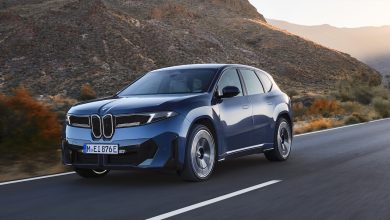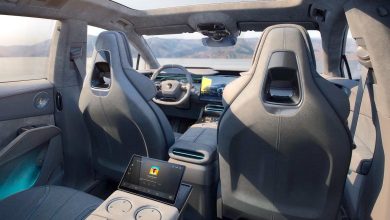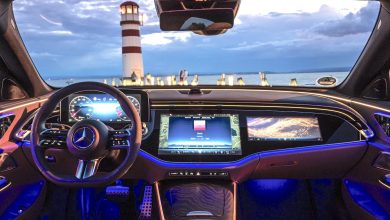Efficient Hybrids Pushed Japan’s Automakers To Ignore EV
Will Japan’s Automakers start EV production soon to catch up
Recently REUTERS shared news that Japanese auto manufacturers need to transition to EV manufacturing very soon and so Honda Motor in Japan had made an announcement in June 2022 on its plans to shut down its powertrain production unit in Moka, which is a city located in Tochigi Prefecture some time in the year 2025.
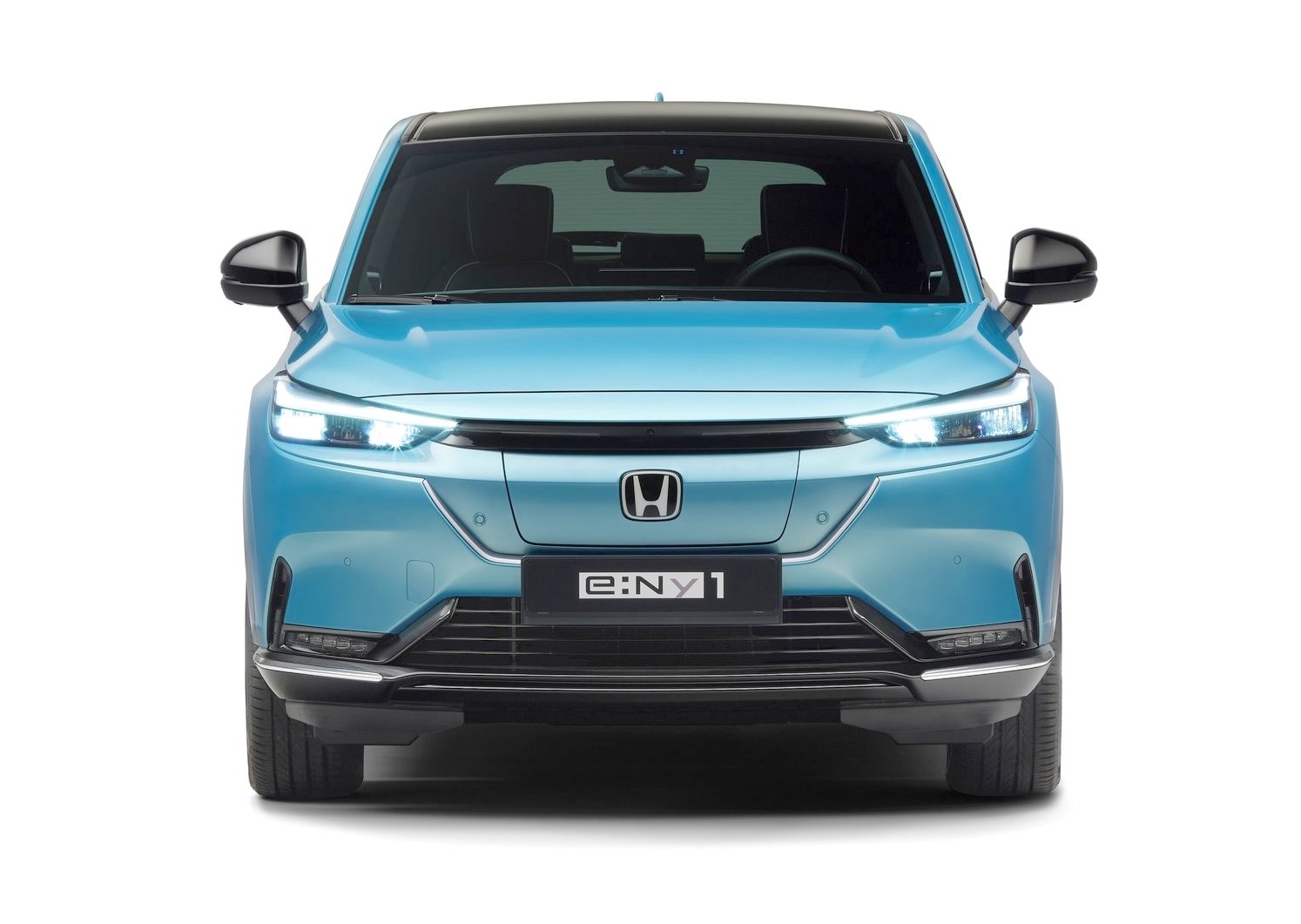
So, it seems that Japan’s second-largest automaker by sales, Honda had already declared that it would end production of brand new petrol-powered vehicles by 2040 as part of its fight against climate change.
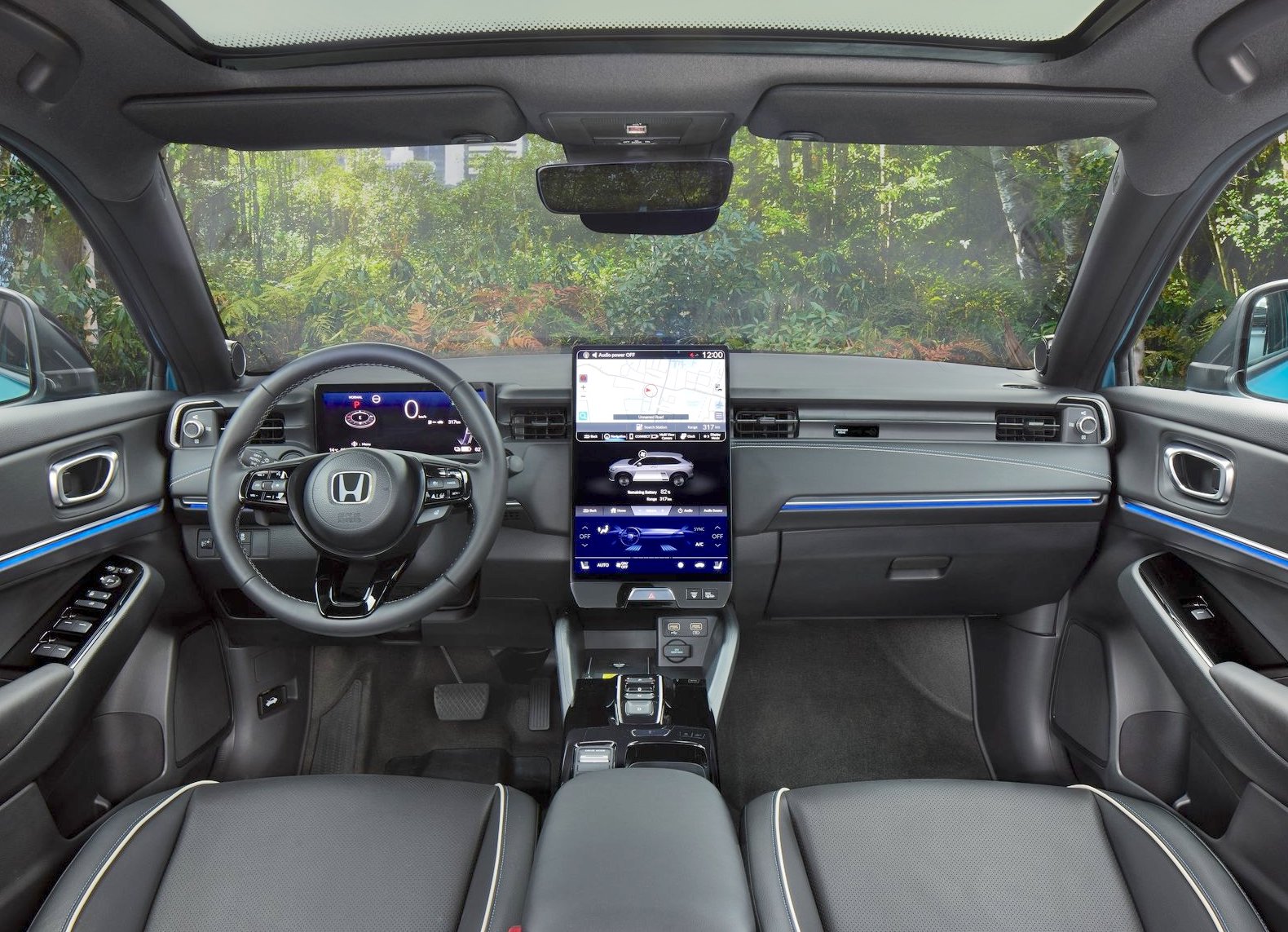
Although the transition from conventional petrol-powered cars to their electric equivalents like the Honda e:Ny1 is proceeding quite slowly in Japan, the nation’s car manufacturers are set to accelerate their efforts over the next few years.
This is why Honda Japan announced in March 2023 their plans for EV manufacturing in the stats of Ohio in United States with an investment of USD700 million to re-tool several of its existing auto and powertrain plants
As combustion engine production is a core part of the Japanese auto sector, that will see many firms shift or downsize production, similar to how Honda plans to do so in Moka.
With such a transition and its related upheaval now appearing inevitable, it raises the question of whether the country’s auto sector, which consists of thousands of suppliers and millions of workers will remain intact as a critical pillar of the Japanese economy.
Quite how that will play out remains to be seen, but what is more certain is that the electric vehicle shift will drastically reshape the industry’s structure and force a number of firms to overhaul their business strategies.
Meanwhile, all battery-based EV are a niche choice in the domestic market, accounting for only about 2 to 3 percent of brand new cars sold last year.
The figure is significantly lower compared with other nations such as the United Kingdom and European Union, with their rates standing at 11 percent plus and 9 percent plus and rising respectively.
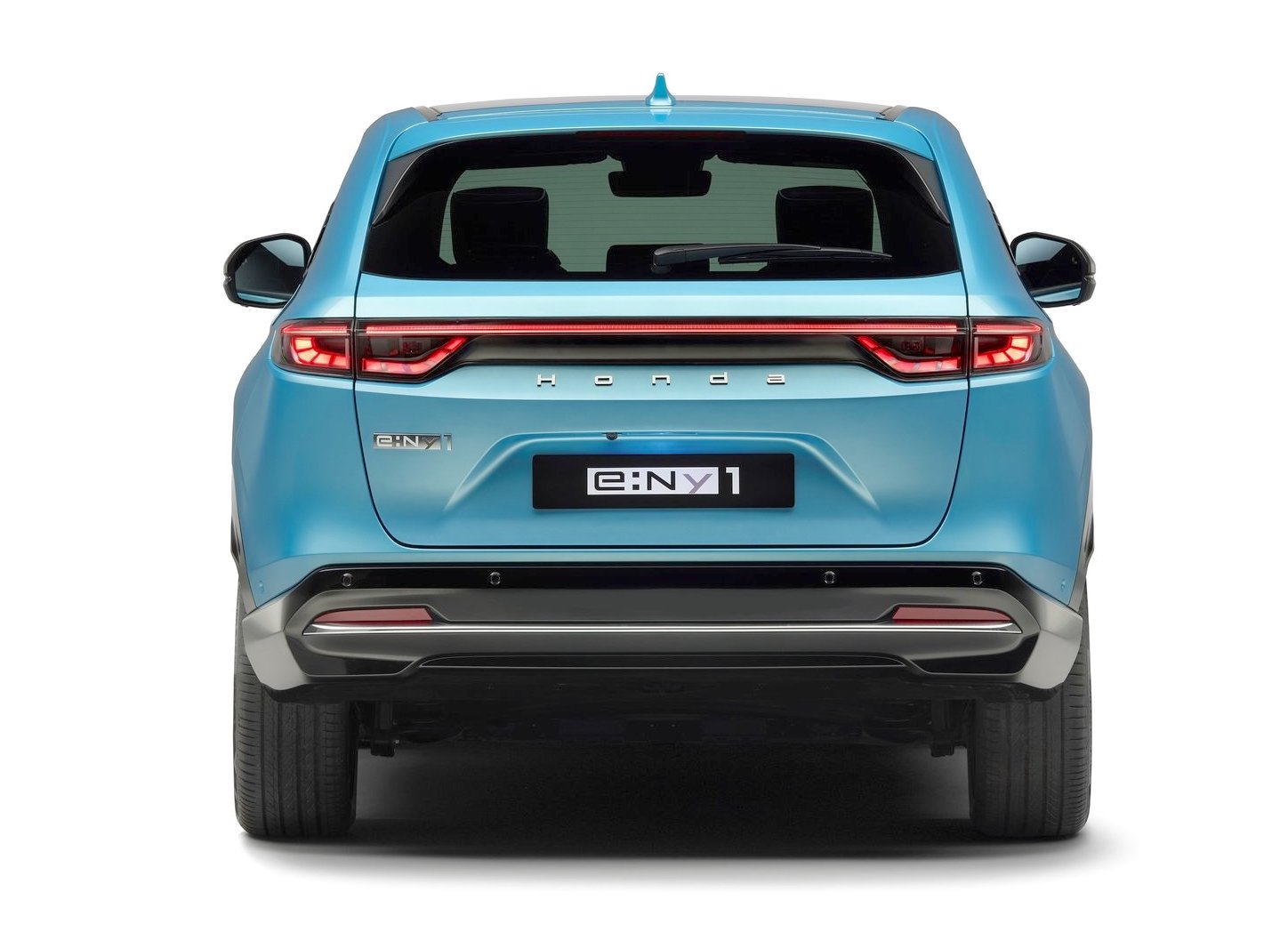
Interestingly, one of the reasons why the EV have not sold well in Japan is because of the high popularity of hybrid vehicles, which accounted for about 40 percent of new passenger car sales last year. At the same time, Japanese car makers have not yet introduced many EV models.
With carmakers needing to give up on petrol-powered engines sooner or later, the auto industry is set to experience sweeping change. For some firms, the transition could be particularly tough, or even impossible.
With car manufacturers needing to give up on petrol-powered engines sooner or later, the auto industry is set to experience sweeping change. For some firms, the transition could be particularly tough or even impossible.

